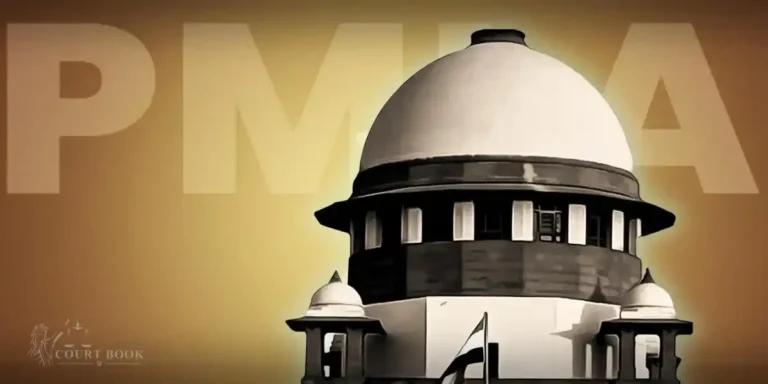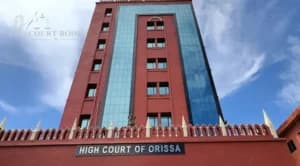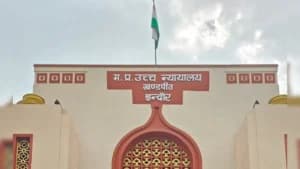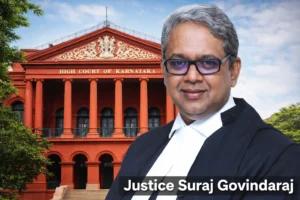In a significant judgment concerning the Prevention of Money Laundering Act (PMLA), the Supreme Court of India has affirmed that an accused is entitled to receive a list of documents and statements collected by the Directorate of Enforcement (ED) during the investigation but not relied upon in the prosecution complaint. This ruling reinforces the right of the accused to access potentially crucial evidence, enhancing the principles of a fair trial.
The judgment was delivered by a bench comprising Justice Abhay S. Oka, Justice Ahsanuddin Amanullah, and Justice Augustine George Masih. The Court emphasized that the accused must have knowledge of all unrelied documents to ensure they can request their production at the defence stage. The Court highlighted that denying access to such documents would undermine the accused’s right to a fair trial under Article 21 of the Constitution.
The Supreme Court clarified that once a prosecution complaint is filed, a list of unrelied documents must be provided to the accused. This is to ensure that the accused is aware of all documents collected during the investigation, even if they are not part of the evidence presented by the prosecution. The Court stated:
"A copy of the list of statements, documents, material objects, and exhibits that are not relied upon by the investigating officer must also be furnished to the accused."
This list allows the accused to apply for the production of such documents under Section 91 of the Code of Criminal Procedure (CrPC) at the defence stage. Courts should generally permit such requests unless there are exceptional circumstances, the Court noted, given the reverse burden of proof imposed on the accused under the PMLA.
The judgment further clarified that the right to a fair trial under Article 21 includes the right to an effective defence. This right encompasses the ability to present defence evidence, which may include documents and witness testimonies. The Court observed:
"The right to a fair trial includes the right to defend, which consists of the right to lead defence evidence by producing documents and examining witnesses."
It also explained that if an accused, during the defence stage, wishes to cross-examine witnesses based on newly produced documents, they are entitled to do so. Such cross-examinations are part of the right to a fair trial.
The Supreme Court underscored that at the stage of entering defence, the accused has the right to apply under Section 233 of the CrPC to summon any document or witness necessary for their defence. The Court noted that this right is crucial, especially under the PMLA, where the burden of proof is shifted to the accused.
"If the Special Court refuses the accused’s request under Section 233(3) CrPC for producing any document or witness, it may affect the accused’s ability to discharge the burden under Section 24 of the PMLA."
The Supreme Court also addressed the accused’s right to access unrelied documents during bail proceedings under Section 45 of the PMLA. It stated that the accused could seek production of such documents using Section 91 of the CrPC. However, the ED can object if such disclosure would prejudice an ongoing investigation. In such cases, the Court must review the documents to determine if they should be disclosed.
The Court directed that once a Special Court takes cognizance of a complaint under PMLA, it must provide the accused with the following:
- Statements recorded by the Special Judge of the complainant and witnesses before taking cognizance.
- Documents, including statements under Section 50 of the PMLA, produced before the Special Court.
- Copies of supplementary complaints and any accompanying documents.
- A list of documents not relied upon by the prosecution.
These directions ensure that the accused is fully aware of the evidence and materials collected during the investigation, even if the ED chooses not to present them in court.
Background of the Case
The judgment was delivered in an appeal against a Delhi High Court ruling, which held that the accused were not entitled to unrelied documents at the pre-trial stage. The High Court had ruled that Sections 207 and 208 of the CrPC, which mandate providing copies of all documents to the accused, were not directly applicable to PMLA proceedings.
The appellants, accused in a money laundering case, challenged this ruling, arguing that it violated their right to a fair trial. They contended that without access to unrelied documents, they could not effectively defend themselves, especially under the PMLA, where they must prove their innocence.
Senior Advocate R. Basant, appearing for the appellants, argued that the prosecution’s refusal to provide unrelied documents was contrary to Section 207 of the CrPC, which aims to protect the accused’s rights. He emphasized that the accused must have access to all evidence collected, irrespective of its reliance in court.
Additional Solicitor General S.V. Raju, representing the ED, opposed this view, arguing that the accused should not have unrestricted access to all documents. He maintained that the accused could request specific documents by demonstrating their relevance.
The Supreme Court, however, rejected the ED’s restrictive approach, emphasizing that the accused should be given access to all unrelied documents to ensure a fair trial.
Case no. – Crl.A. No. 1622/2022
Case Title – Sarla Gupta and Anr. v. Directorate of Enforcement















